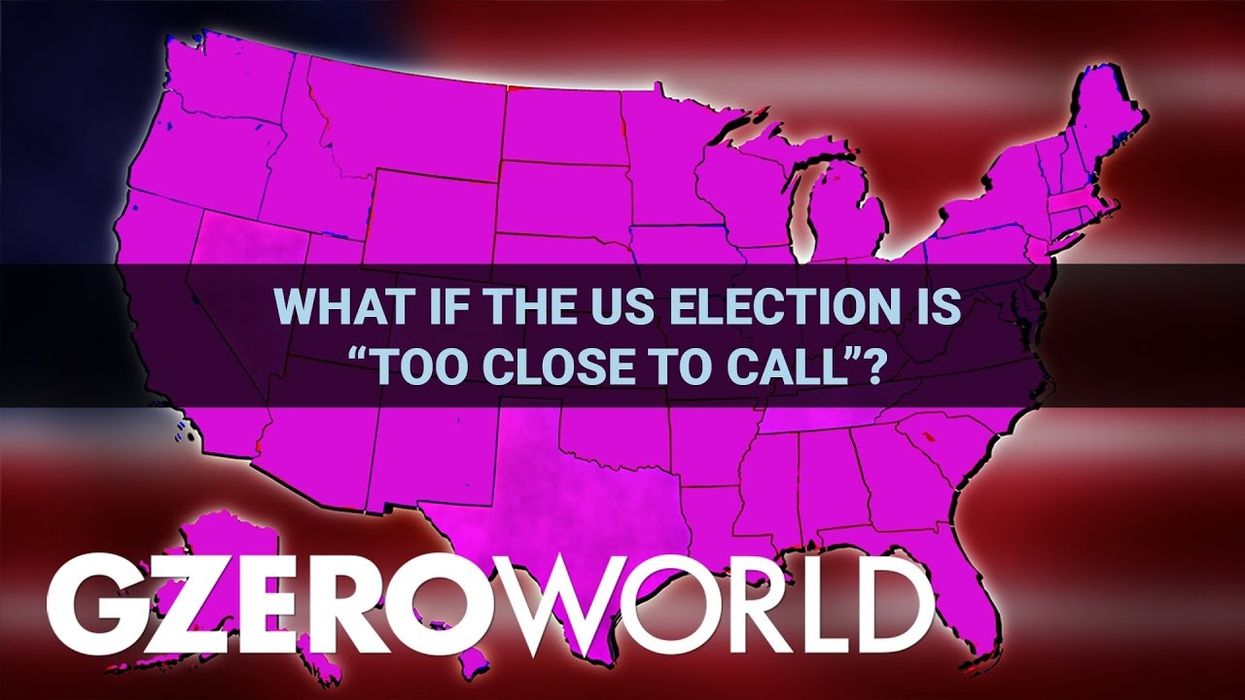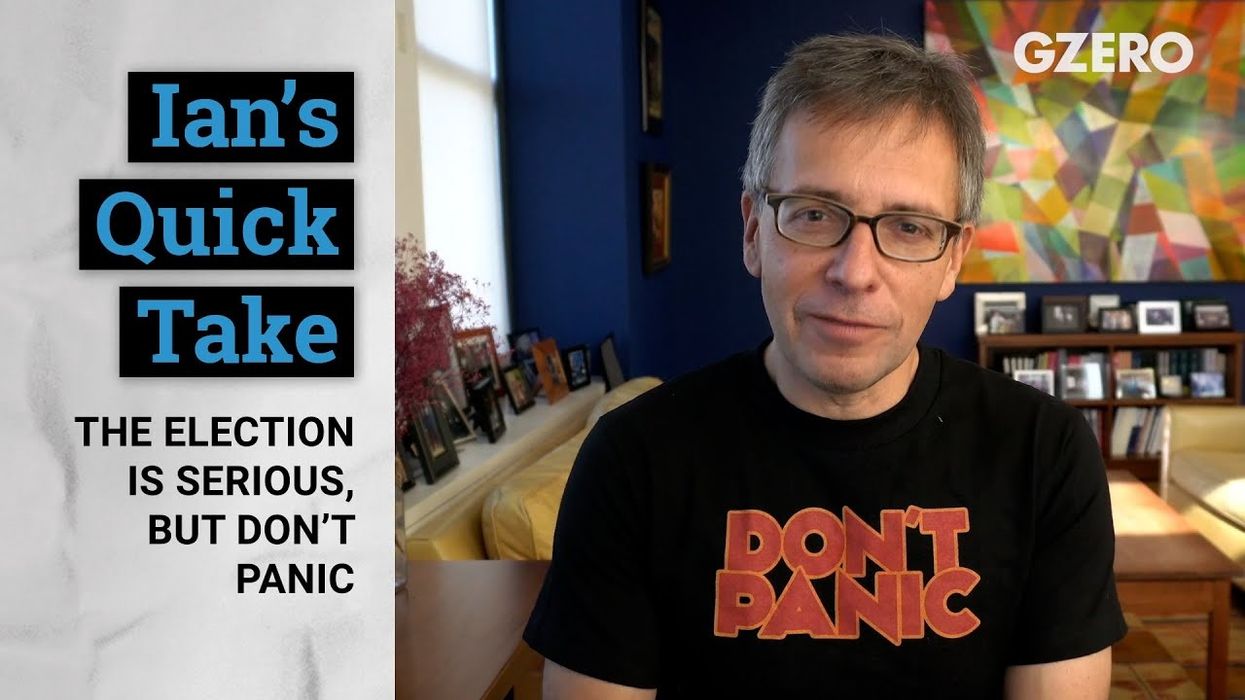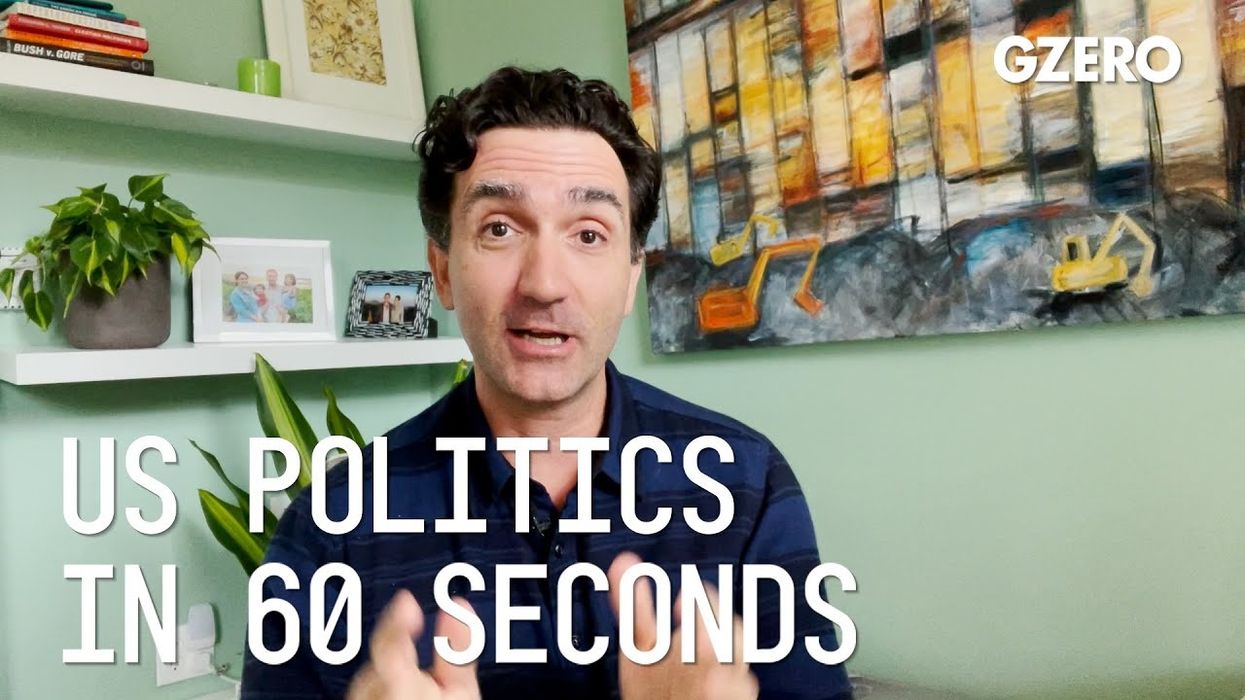GZERO World Clips
How should the media handle election night?
"It's very important that if the election is very close and it comes down to say those Midwestern states, which are going to count their ballots slow, that the message is, 'too early to call.'" Election law expert Rick Hasen weighs in on how the media – both traditional outlets and social media – should handle election night coverage. His conversation with Ian Bremmer is part of the latest episode of GZERO World.
Nov 03, 2020





